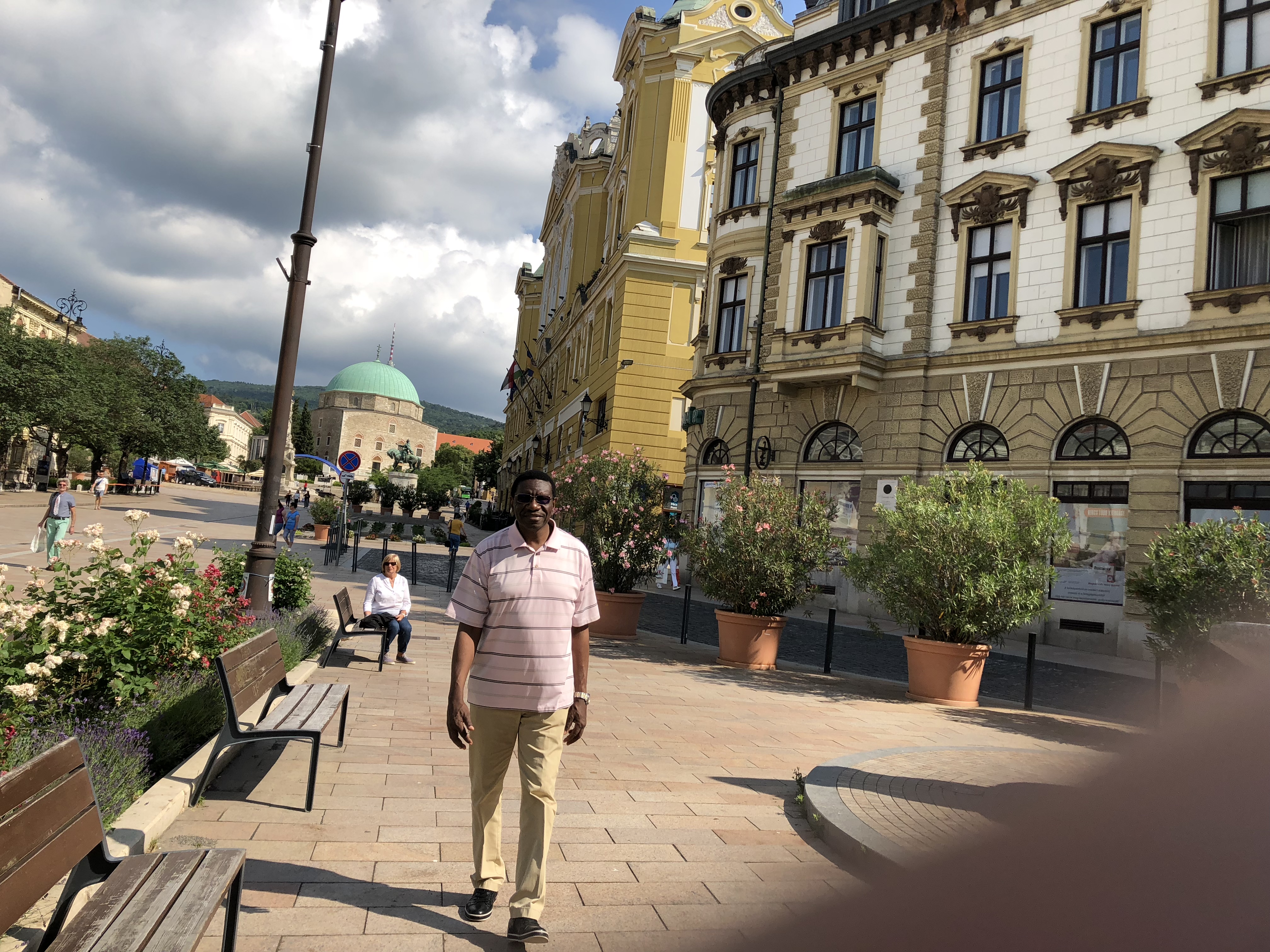https://www.jamisonroadfire.com/history/ From May 24 – 27, I was at the University of Pecs in Pecs, Hungary to attend the International Africa Conference whose theme was “Africa’s Changing International Relations and Realities”. The university invited me to deliver the keynote lecture for the conference on the topic “Creating and Enhancing Capacity in Africa for Efficient Economic and Social Development”. The lecture hall was full of University professors and lecturers from various parts of the world as well as students and members of the general public.
Order Tramadol OvernightBuy Xanax No Prescription My lecture which set up the pace for the conference that lasted another two days focused on some of the current initiatives being undertaken to create and enhance capacity at varying levels – government, inter-governmental and non-governmental – to address capacity problems in many of Africa’s lop-sided development initiatives. I spoke about how the administrative capabilities of almost all states in sub-Saharan Africa were weak at the time of independence. I also showed how over time, such capacities further weakened with a multitude of policies that ranged from implementing policy agendas of the donor community during the 1980s and 1990s to a lack of foresight of African governments to express concern about the long-term development imperatives of their respective countries, sub-regions and the region in the 2000s. I also showed how weak human, institutional and organisational capacities took their toll in the entire region.
Get Online Xanax Prescriptionhttps://www.tooloudrecords.com/dead-pollys/ Africa currently faces a transformation agenda, which it is pursuing, under the recognition of the African Union’s vision of “an integrated, prosperous and peaceful Africa, driven by its citizens and representing a dynamic force in the global arena”. Therefore, success will be elusive unless we purposefully harness the potential of the continent’s young people. African leaders have given credibility to this view and identified youth development and science, technology and innovation as the main pillars of Agenda 2063. I spoke on the way the African continent is currently engulfed in what we now call the ‘youth bulge’ as the demographics on the continent change with many obvious challenges. These challenges are particularly pronounced in the education systems, where the question of relevance is increasingly becoming the subject of much conversation, as Africa’s widespread youth unemployment threatens to undermine social and political stability with many young people becoming particularly vulnerable to radicalisation. My keynote address deliberated on these challenges facing the African continent and how Africans can do better by reasserting the importance of planning and embarking on a different path to recreate and enhance existing capacity for efficient development through our education systems in this demographic transition.
Please click on this link below to listen to the lecture. Many issues mounted from the audience following the address. Please click on the link to listen to the speech https://soundcloud.com/user149870703/keynote-lecture-delivered-by-cafor-executive-director-at-the-university-of-pecs-in-hungary





